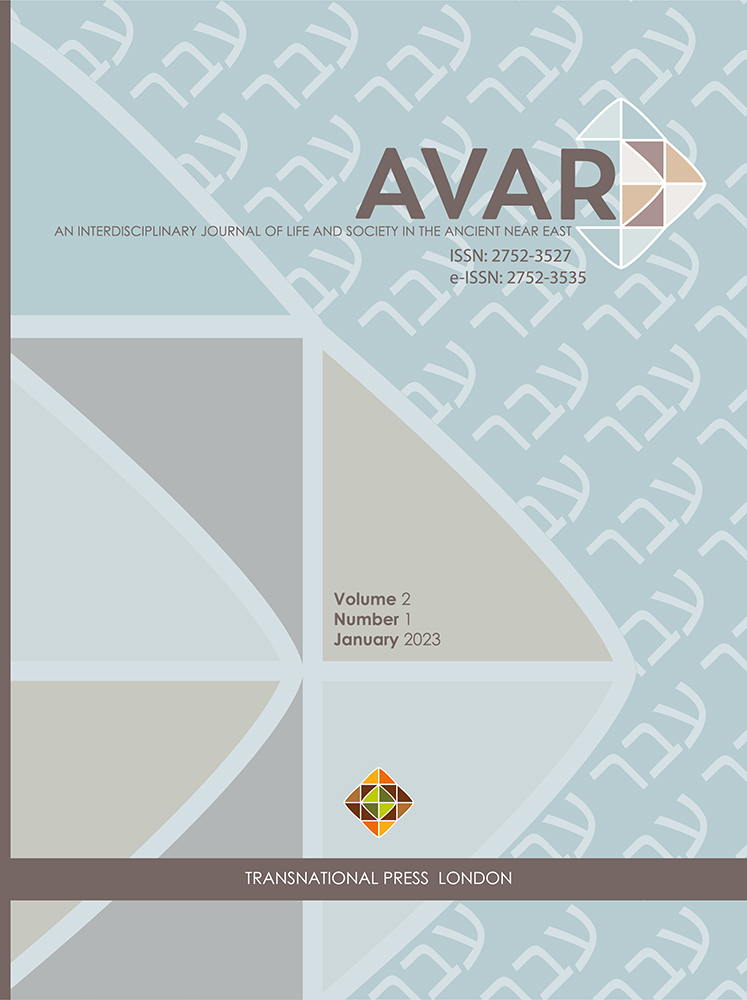Other than Mother: On Childlessness as Part of the Social Identity of Nadītu Women
Other than Mother: On Childlessness as Part of the Social Identity of Nadītu Women
Author(s): Katrien De GraefSubject(s): Customs / Folklore, Cultural Anthropology / Ethnology, Culture and social structure
Published by: Transnational Press London
Keywords: Childlessness; nadītu women; Old Babylonian period; otherness; social identity;
Summary/Abstract: In Old Babylonian society, nadītu and other women who held religious offices were not allowed to bear children. Traditionally, this taboo on childbearing has been explained as a taboo on sex (chastity) or a taboo on blood (cultic impurity). I believe these traditional explanations to be faulty and inadequate, and suggest an alternative approach based on the concepts of alterity and constructed social identity. By not fitting the norm of their social group, viz. women, by definition birth giving beings, they are ‘othered’ as non-birth-giving-beings, which indeed is the literal meaning of nadītu: ‘the fallow (woman).’ However, their ‘otherness’ is not conceived as negative or problematic, on the contrary, it added greatly to their social status as a privileged group within society. As such, their childlessness was an important part of their social identity.
Journal: Avar: An Interdisciplinary Journal of Life and Society in the Ancient Near East
- Issue Year: 2/2023
- Issue No: 1
- Page Range: 9-30
- Page Count: 22
- Language: English

